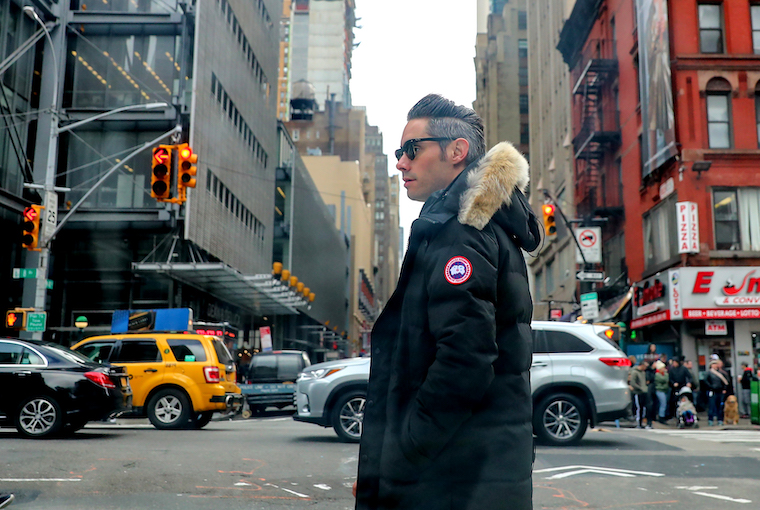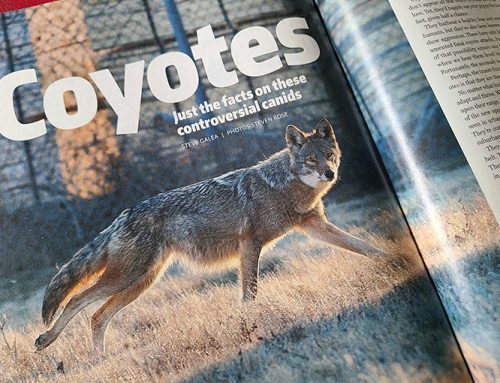
The high-end outerwear company announced it will cease use of all fur in its products by 2022.
The announcement overrides a decision the company made last year to transition to reclaimed fur and stop buying new fur by 2022. The company calls this a move towards sustainability and says pressure from animal-rights activists has nothing to do with the decision.
Ontario Fur Managers Federation (OFMF) sees differently
We are disappointed with decision that Canada Goose has made,” said OFMF General Manager Robin Horwath. “PETA (People for the Ethical Treatment of Animals) has been protesting the company for a long time. You and I should be able to buy the coat we want. But these bullying tactics are taking choices away from the consumer and we feel that’s wrong. Canada Goose is saying they made this decision for sustainability. What is more sustainable than using the fur from a coyote that has five to eight pups on average every year? It’s better than culling or shooting them as a nuisance animal.”
OFAH also opposes
“The decision by Canada Goose to move away from natural fur in their products, as well as the general industry trend towards using faux “fur” is extremely disappointing. Canada Goose claims that this change is being made to become more sustainable, but that’s simply not true. Hunting and trapping are highly regulated in Canada to ensure sustainability and wild-sourced fur is a highly renewable resource which does not have the negative environmental impacts that plastic based faux fur does. This decision by Canada Goose is symptomatic of a larger issue and appears to be about little more than pandering to a very small faction of society that simply doesn’t like hunting or trapping, or perhaps, more accurately, doesn’t understand the benefits of it,” said OFAH Resource Management Specialist Lauren Tonelli.
Canada Goose was founded in Toronto in 1957 and is known for its iconic fur-trimmed, down-filled parkas. The company had been under pressure by animal-rights groups to remove fur and down from their products for some time. In early 2017, PETA bought enough shares in the company to allow them to speak at shareholder meetings and submit shareholder resolutions.






Leave A Comment